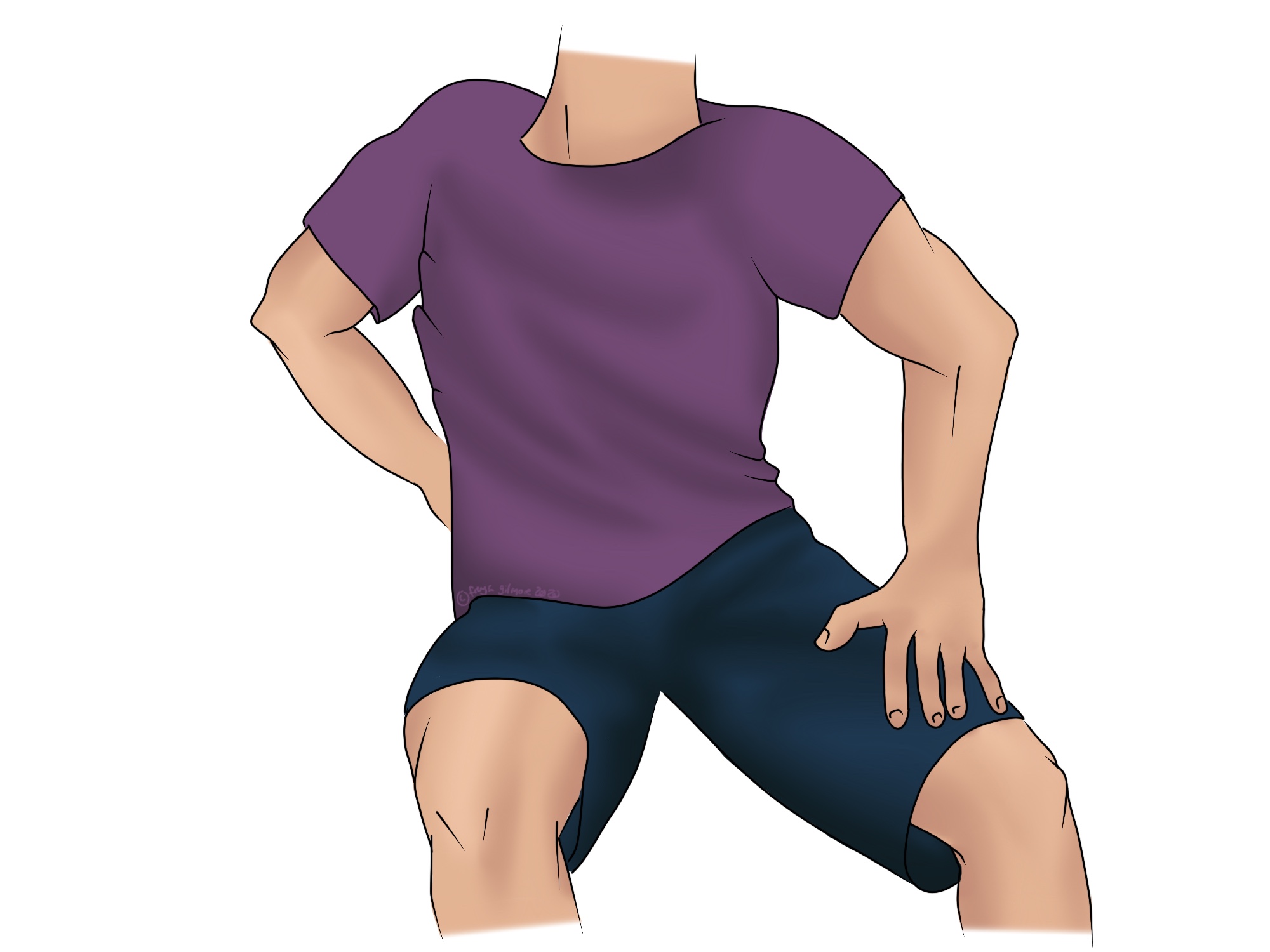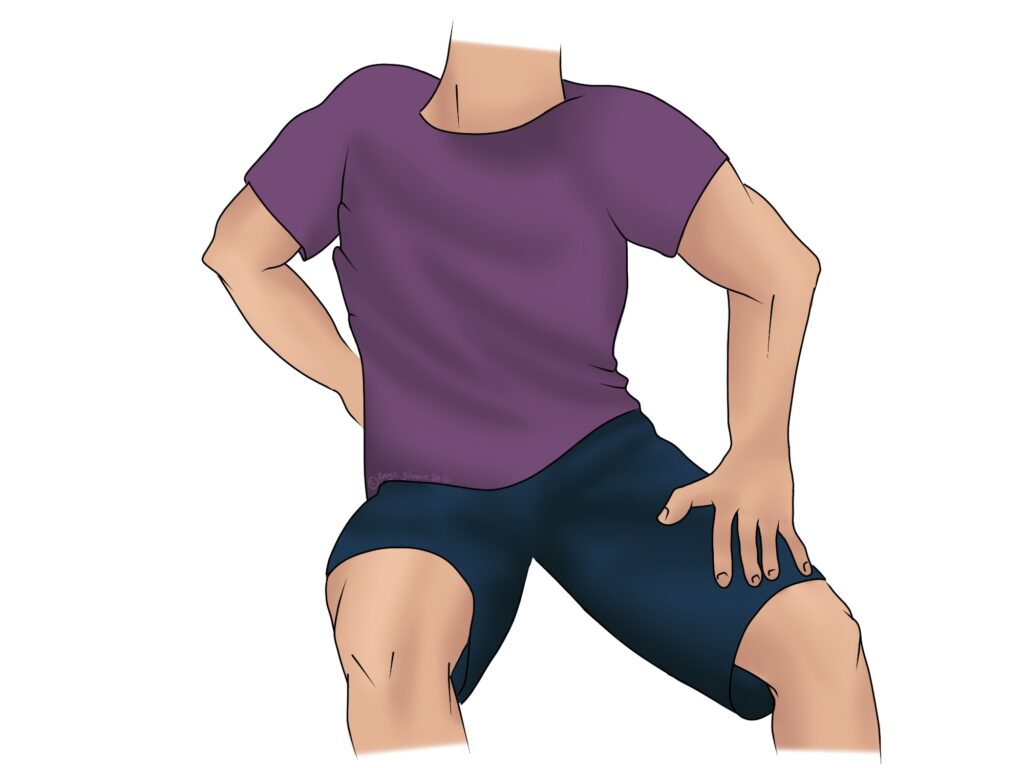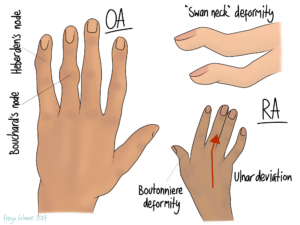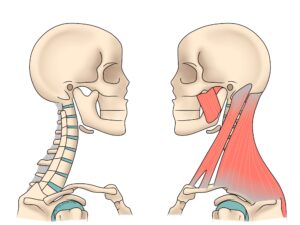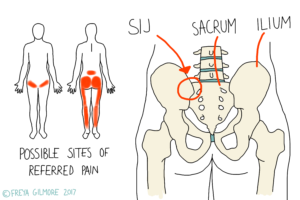It can be hard to know when it’s time to get help for little aches and pains. Most of the time these things solve themselves, but other times they can develop into something debilitating.
Lower Back Aches and Pains
A lot of the time, a mild episode of lower back pain will resolve itself. But for back pain that keeps coming back, or that doesn’t show signs of improvement within a couple of days, it’s worth getting some treatment.
The longer a problem with the back is present, the more the body will adapt to it. So even if the problem itself seems trivial, it might be causing more significant effects elsewhere. Any back pain will cause the nearby muscles to react, even if the initial problem is not muscular. Restricting an irritated area by tightening muscles is one of the body’s easiest ways of protecting itself. Unfortunately, for a lot of musculoskeletal issues, movement is the best thing you could do for it.
Sometimes this reaction is so subtle you don’t notice it, but that doesn’t make it insignificant. The body has a lot of adaptability before it becomes symptomatic, but the more changes it has to make, the more problems can develop.
Arthritis
Typically, osteoarthritis symptoms start gradually. They can feel like any other niggle at first, but the earlier you address them, the better your prognosis will be. Arthritis thrives in restricted joints, so the same sentiment applies as above with lower back pain: address the little things to prevent the big ones. Restriction can be both a cause and effect of arthritis, so correcting movement is an important part of breaking the cycle.
Signs of early arthritis depend on the area affected, but there may be:
- A change in standing posture
- Loss of stride length, or other changes to walking
- A dull ache in any joint
- Stiffness or an almost “crunchy” feeling in a joint
- Muscle tightness
Sometimes these changes are first picked up by a friend or relative, so don’t brush it off if someone mentions a slight limp or hunch.
Aches from Stress and Tension
If anyone’s ever come up behind you and squeezed the tops of your shoulders, you’ll know how tight your muscles can be without you realising. In times of stress, the muscles in the shoulders, neck, and abdomen can become tight as your breathing changes. Over time, this can cause a range of upper back and neck issues. Even the jaw can be affected, becoming tight, achey, or clicky.
If you have a stressful period coming up, or you’re in the throes of one now, it might be a good time for some preventative treatment. Your osteopath can look at your body as a whole to spot any early signs that an area isn’t coping so well. We can also give you some breathing exercises to try and limit the effects of stress on your body in the first place.
It’s never too early to get help for a problematic area. There’s always something we can do to help you out, whether that’s working on something that’s already symptomatic or nipping it in the bud before that.
If you’re ready to address those early aches and pains, book an appointment now.

